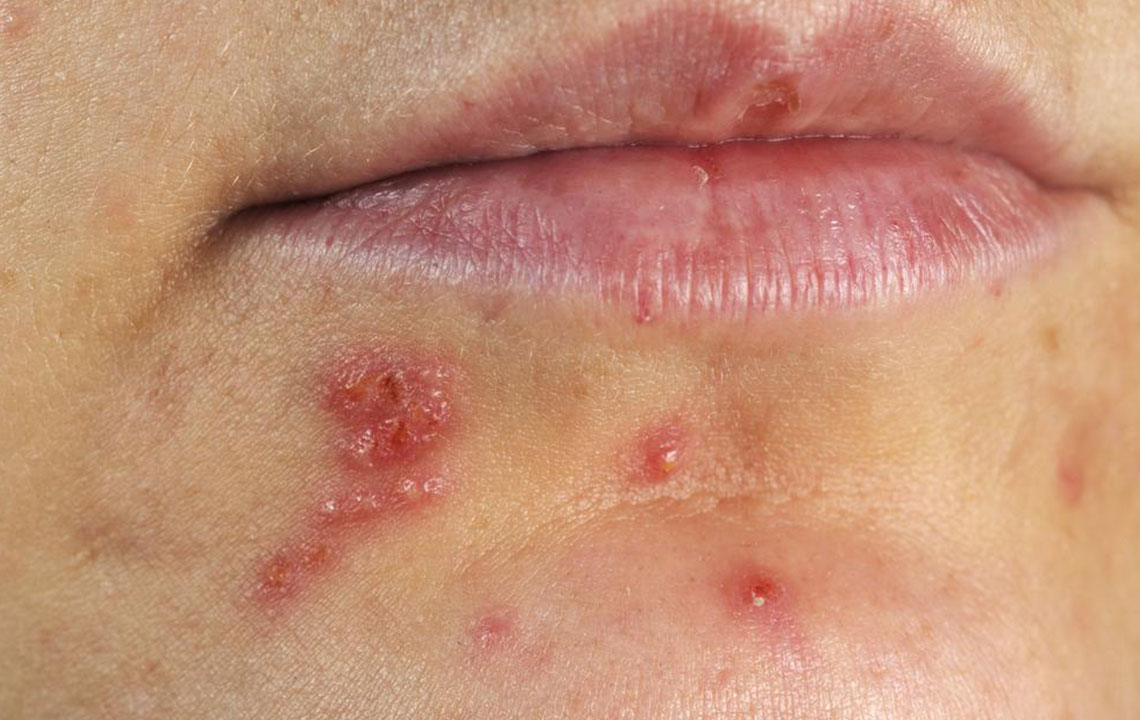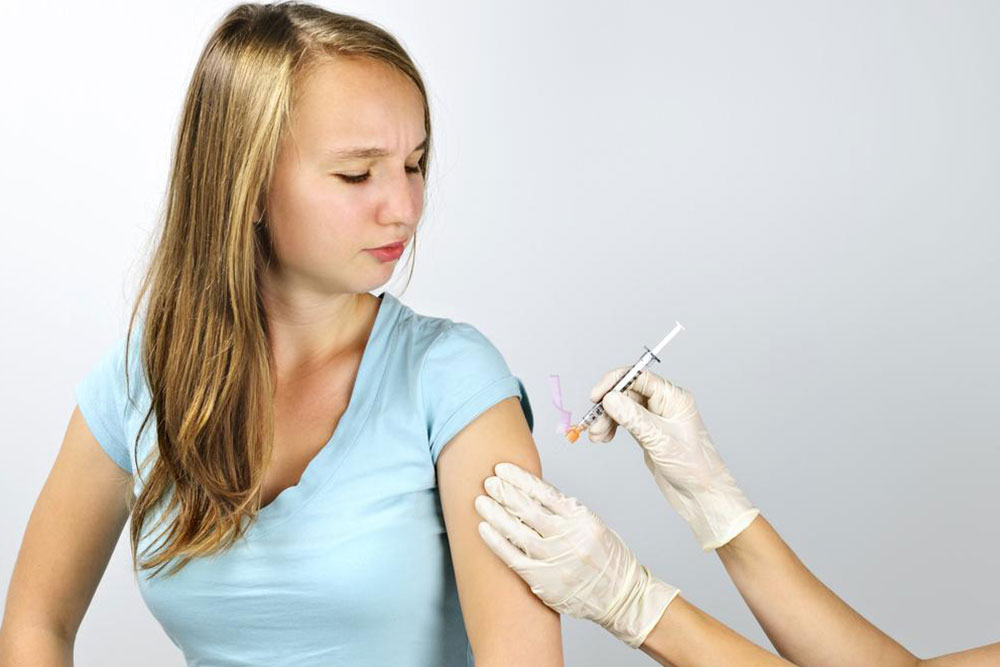Essential Insights on Meningococcal Meningitis and Prevention
Learn about meningococcal meningitis, its risk factors, transmission modes, and the protective benefits of vaccination. The article covers vaccination schedules for different age groups, high-risk populations, and regions prone to outbreaks. Awareness of prevention strategies and understanding the importance of immunization help reduce disease spread and protect vulnerable groups. Stay informed about the latest recommendations to safeguard your health against this serious bacterial infection.
Sponsored

Meningococcal meningitis affects the membranes surrounding the brain and spinal cord, caused mainly by the meningococcus bacterium. This bacterium, divided into five types—A, B, C, W, and Y—often resides harmlessly in the throat. However, if it enters the bloodstream or spinal fluid, it can cause severe illness. A vaccine is available to help prevent infection. Understanding risk groups, transmission, and vaccination schedules is crucial for effective prevention. The vaccine offers significant protection, especially for high-risk populations and travelers to endemic areas.
Key factors to know about meningitis and vaccination include:
Individuals such as infants, teenagers, and young adults are most susceptible. Crowded environments like colleges increase risk.
People with compromised spleen function, immune deficiencies, or HIV are at higher risk.
Regions like sub-Saharan Africa frequently experience outbreaks. Travelers and residents in these areas should be extra cautious.
Meningitis spreads through saliva and respiratory secretions, not casual contact. Close physical contact elevates infection risk.
Preventive antibiotics or vaccination is recommended for those exposed to infected individuals.
The meningococcal vaccine covers all five serogroups and is administered at various ages, especially to high-risk groups.
Children aged 2-10 are given conjugate vaccines or Hib-MenCY-TT if they face increased risk due to medical conditions or travel.
Adolescents aged 11-18 receive initial vaccines around 11-12 years, with booster shots at 16 years for continued protection.
Adults, especially with splenic issues or frequent exposure, should consider vaccination with MenACWY or MPSV4.
High-risk groups, including microbiologists and travelers to endemic regions, are advised to get vaccinated.
The Serogroup B vaccine is suitable for people aged 10-23, providing short-term immunity during outbreaks or travel.





